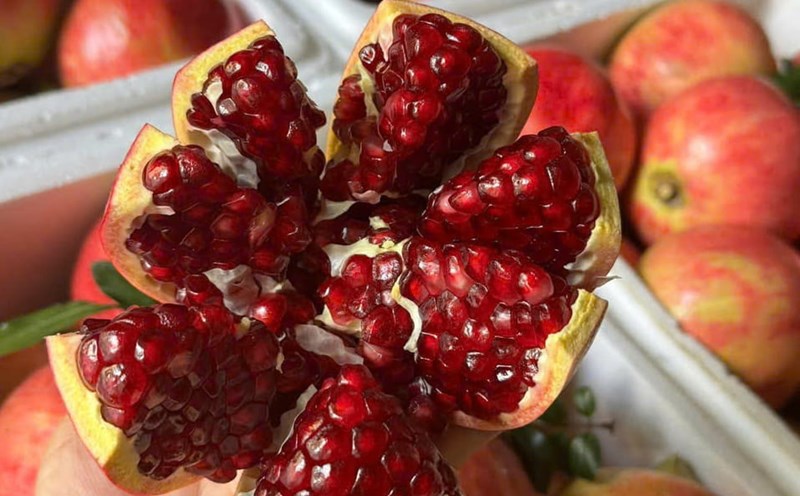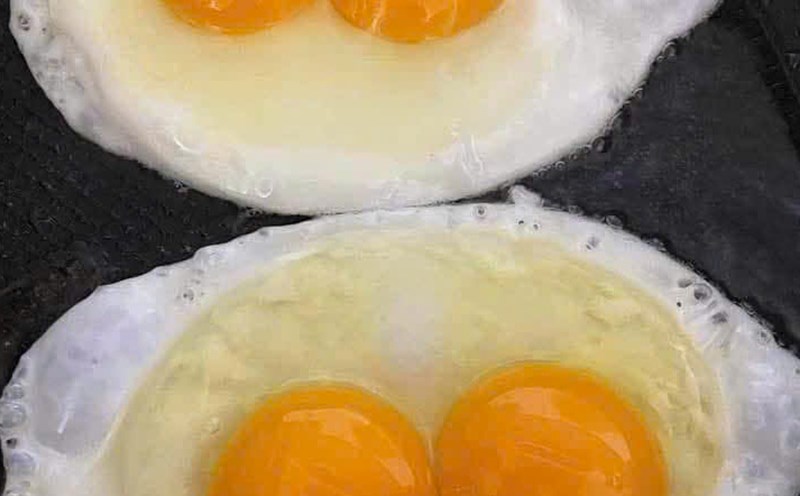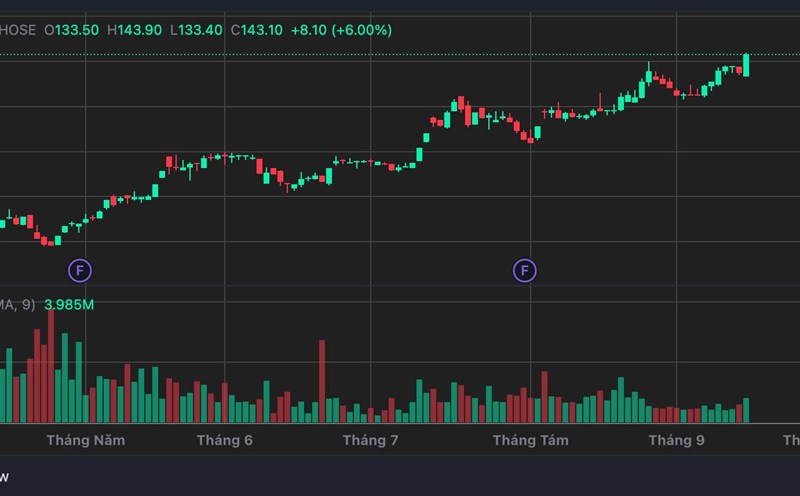Walnuts: Rich in omega-3 fatty acids and arginine, a compound that helps the body eliminate am amoniac, a poison that can harm the liver.
This seed is rich in antioxidants such as polyphenols and vitamin E, which help reduce oxidative stress in liver cells.
According to a study published in the World Journal of Gastroenterology, walnut supplementation is associated with improved liver enzymes and reduced liver fat in people with non-alcoholic fatty liver disease.
Eating a small handful of walnuts (about 4-5 nuts) in the afternoon not only helps reduce cravings but is also a valuable nutrient for the liver.
Fresh grapes or dried grapes: Grapes, especially purple and red grapes, contain resveratrol, a compound that has been shown to have anti-inflammatory and liver-protective effects.
Grape extract has the ability to reduce fat accumulation and improve liver enzyme function in people at risk of fatty liver disease.
Instead of choosing sugary candy, a cup of fresh grapes or a few dried grapes is a snack that is both delicious and supports the liver. However, it should be noted that raisin has a higher amount of natural sugar, people with diabetes should eat it in moderation.
crispy roasted chickpeas: Chickpeas are a rich source of plant protein, rich in soluble fiber, which helps control blood sugar and reduce fat accumulation in the liver.
Chickpeas contain choline, a nutrient needed for the transport of fat out of the liver, thereby preventing fatty liver.
A diet rich in sunflower such as chickpeas and lentils helps reduce the risk of liver dysfunction by improving lipid metabolism.
Dr. Joel Fuhrman, a clinical nutritionist in the US, commented that beans, including chickpeas, provide the necessary nutrients for the liver to function effectively, while limiting the accumulation of excess fat in this organ.
A simple way to prepare crispy roasted chickpeas with less olive oil and light spices is convenient to carry and is a snack that lasts a long time without harming the liver.











